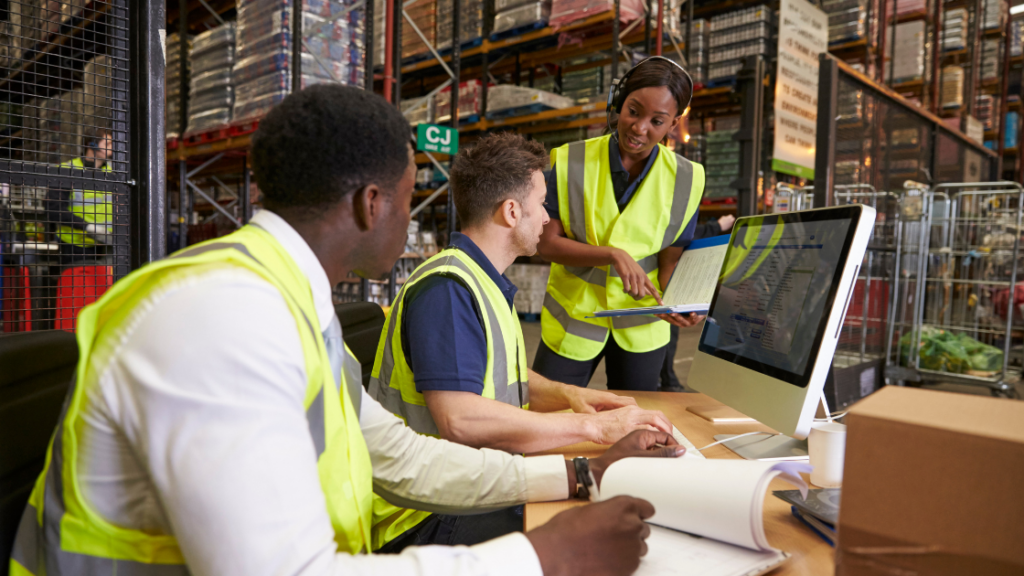
The logistics industry is constantly evolving, with new technologies and innovations emerging all the time. By staying up-to-date on the latest trends, businesses can improve their efficiency and competitiveness.
Some of the most critical trends in logistics today are all done thanks to the input and analysis of AI.
Artificial intelligence (AI) has led to significant advances in various industries, including logistics, where its impact has been much more visible over the past years. The McKinsey report predicted that AI will be one of the most important logistics technologies reshaping the sector by 2030.
The benefits of having AI in the supply chain and logistics.
Among the benefits of having AI in supply chain and logistics, we’ve been able to identify these:
- Using natural language processing (NLP) and machine learning (ML), it optimizes your data, efficiently handling large databases and increasing operational accuracy across multiple environments.
- AI-powered analytics surpass manual analytics by using computational power to take into account all the relevant data in the organization. This improves logistics efficiency and reduces uncertainty while improving the working conditions of logistics professionals and keeping costs down.
- Demand forecasting is a critical component of logistics, especially in light of the e-commerce boom and the ever-increasing volume of shipments. AI can play a vital role in this process, by leveraging historical data, combining it with external factors such as holidays, and identifying past trends to forecast future demand.
- Many new vehicles and robots leverage AI to improve the speed and working conditions of humans on the road and in the warehouse.
- When implemented alongside a digital twin, AI can be used to make strategic decisions and simulate scenarios. This can reduce risk, create agility, and provide a reliable tool for experimenting with your network to realize its full potential.
Other trends
Aside from the added benefits of having AI in the workplace and in the network environment, there are also some key trends that will definitely be a part of the logistics industry, despite how far AI may or may not likely go:
- Digitization: The use of technology to automate and streamline logistics processes is becoming increasingly common. This includes the use of software to track shipments, manage inventory, and communicate with customers.
- Automation: Robotics and other automated technologies are being used to perform tasks that were once done manually. This can help to improve efficiency and accuracy, while also reducing costs.
- Sustainability: Logistics companies are increasingly looking for ways to reduce their environmental impact. This includes using more fuel-efficient vehicles, routing shipments more efficiently, and using renewable energy sources.
- Globalization: The growth of e-commerce and the rise of global supply chains are driving the need for more efficient and cost-effective logistics solutions.
By understanding the latest trends in logistics, businesses can make informed decisions about how to improve their operations.
The future is indeed, bright.